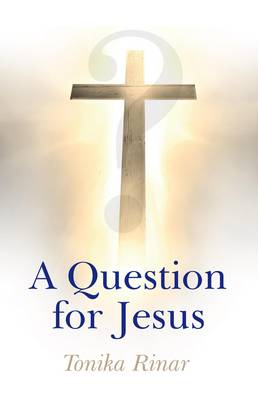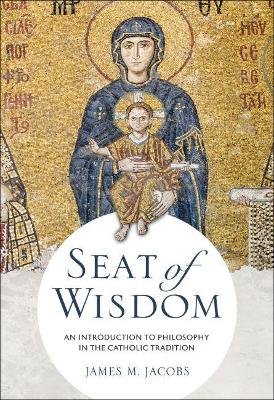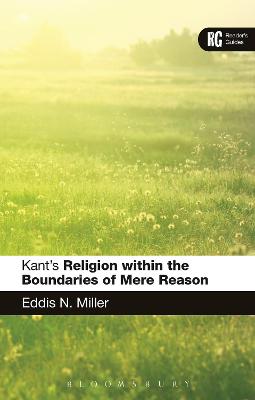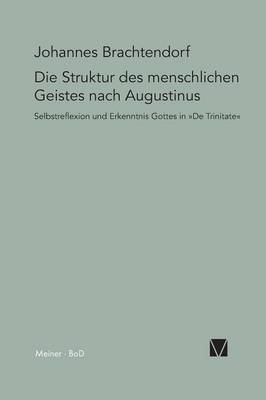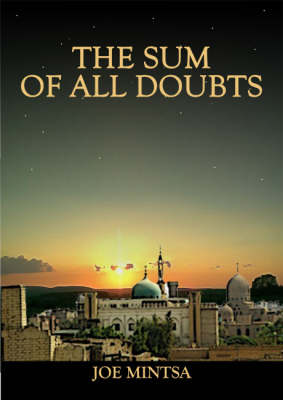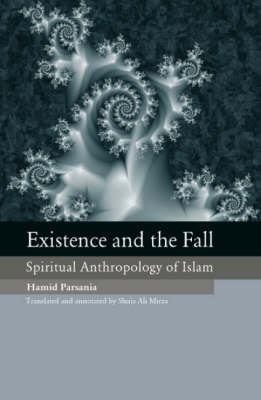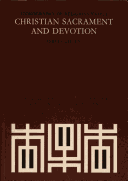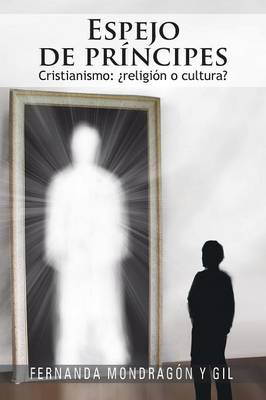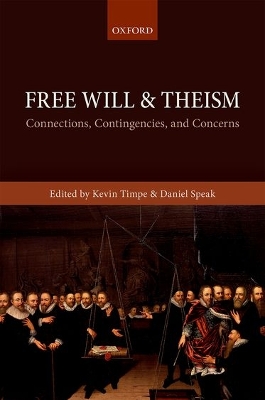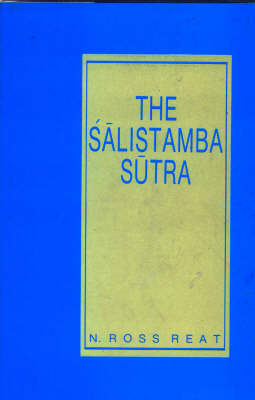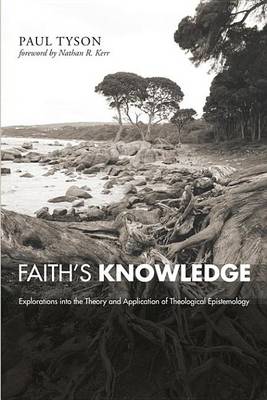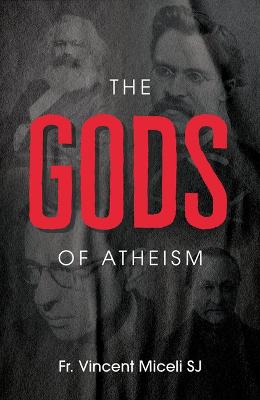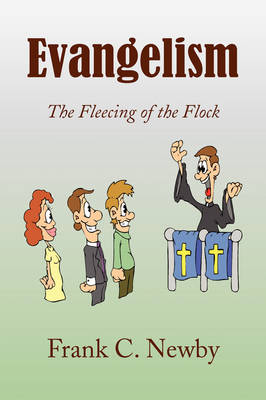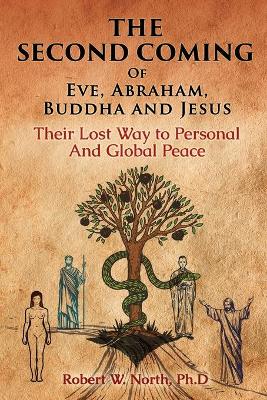If you had the opportunity to ask Jesus one question about his life, what would you ask? Over a sixteen year period, Jesus' Spirit communicated through Tonika Rinar (a gifted psychic and groundbreaking pioneer of the Mind, Body and Spirit field). During this time many people, from all walks of life, have had the opportunity to do just that - ask Jesus! In A Question for Jesus, you can find Jesus' answers to many questions of his life: What was your relationship with Mary Magdalene? What was your...
The Catholic Church has always recognized that philosophy is necessary both to understand the faith as well as to defend it. The need for a philosophically informed faith has become more acute with the rise of secularism. Seat of Wisdom demonstrates that the philosophical principles developed in the Catholic tradition, especially as articulated in Thomism, provide the intellectual foundation for belief in God and are also the only reliable basis for a fully coherent vision of man's place in the...
Kant's 'Religion within the Boundaries of Mere Reason' (Reader's Guides)
by Professor Eddis N. Miller
Immanuel Kant's Religion within the Boundaries of Mere Reason is a seminal text in modern philosophy, ethics, and the philosophy of religion. It is a complex and challenging work, which students and scholars often find difficult to penetrate. This Reader's Guide provides a 'way in' to the text including: philosophical and historical context; an overview of key themes; section-by-section analysis of the text; a chapter on its reception and influence as a classic text of the Enlightenment; and a g...
Selbstrefelexion und Erkenntnis Gottes (Paradeigmata, #19)
by Johannes Brachtendorf
Integrated Truth and Existential Phenomenology: A Thomistic Response to Iconic Anti-Realists in Science relates an existential phenomenology to modal reasoning. By this reasoning, rooted in a consciousness of phenomena in themselves, a Thomistic realism is advanced wherein scientific inquiry yields objective truth and presupposes a causal principle. This principle, as an inferably true modality, strictly implies a first cause. And this cause as a supreme norm, causally created human nature as it...
Technology and Religion (Greenwood Guides to Science and Religion)
by Carl Mitcham
Christian Sacrament and Devotion (Iconography of Religions / Iconography of Religions, Christianity, #5)
Bible, the Qur'an and Science
by Maurice Bucaille and Alastair D. Pannell
Espejo de Principes: Cristianismo: Religion O Cultura?
by Fernanda Mondrag N y Gil
Free Will and Theism
Concerns both about the nature of free will and about the credibility of theistic belief and commitment have long preoccupied philosophers. In addition, there can be no denying that the history of philosophical inquiry into these two issues has been dynamic and, at least to some degree, integrated. In a great many cases, classical treatments of one have influenced classical treatments of the other-and in a variety of ways. Without pretending to be able to trace all the historical integrations of...
The Salistamba Sutra
Ratified by the Parliament of the World’s Religions in 1993 and expanded in 2018, "Towards a Global Ethic (An Initial Declaration)," or the Global Ethic, expresses the minimal set of principles shared by people—religious or not. Though it is a secular document, the Global Ethic emerged after months of collaborative, interreligious dialogue dedicated to identifying a common ethical framework. This volume tests and contests the claim that the Global Ethic’s ethical directives can be found in the w...
Since at least the 19th century, the question of origins has occupied a leading position in the formulation of theories and models for understanding religion. When, where, how and with what motivations has the human species produced those various systems of practice and belief that we have come to label "religions"? Can one establish a beginning to a history of such efforts? In this book the attempt is made to distinguish carefully between origins and beginnings, to demonstrate the role of myth...
Technology and Transcendence
Not much attention has been given to Dostoyevsky's concern with the crisis of the modern West, although allusions to almost every aspect of Western civilizationincluding the political, economic, and social dimensionsare present in his literary works and abound in his secondary writings. This book points the way to a better understanding of the apparent contradiction between Dostoyevsky's concern with the highest reaches of human spirituality and at the same time with the most detailed developmen...
The Second Coming of Eve, Abraham, Buddha, and Jesus-Their Lost Way to Personal and Global Peace
by Robert W North
